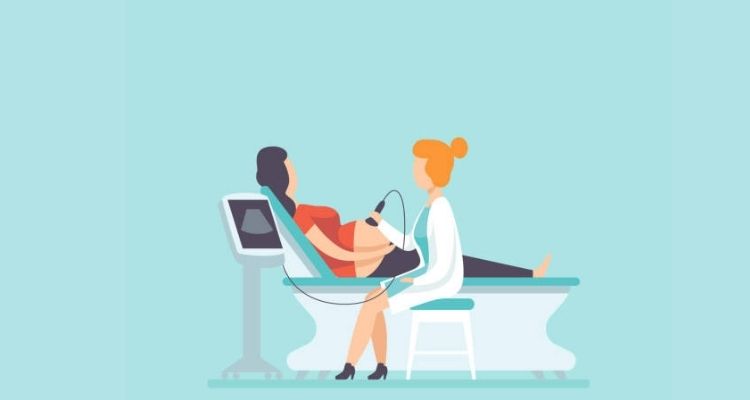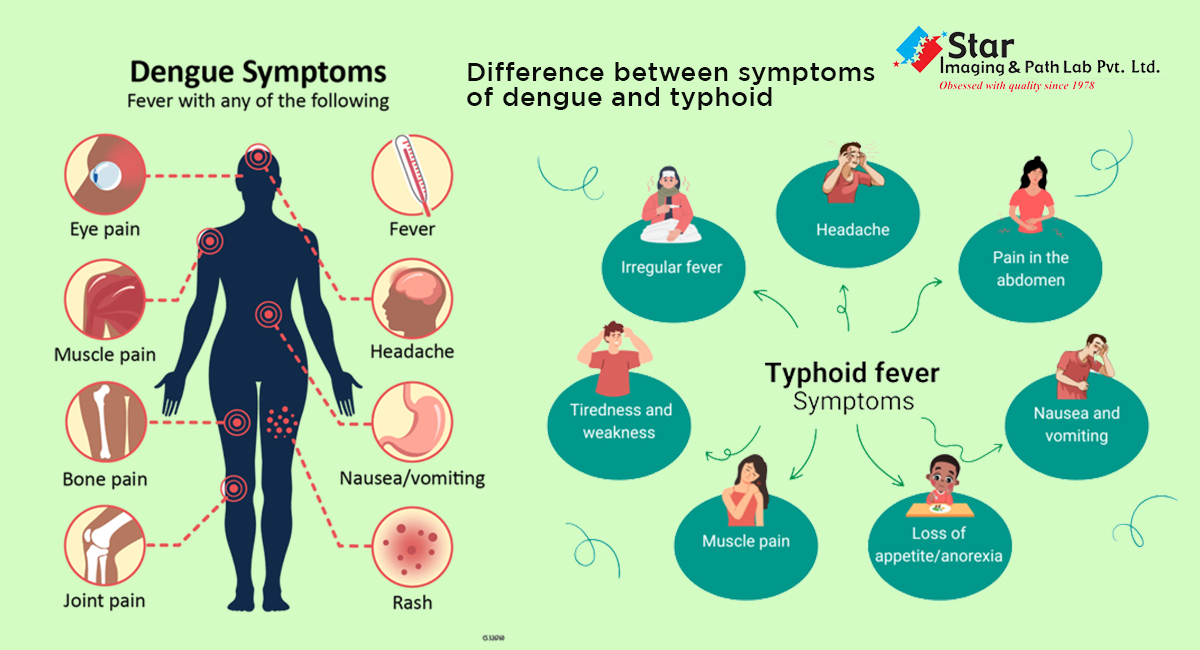Health Resolutions for 2025: Medical Checkups You Should Prioritize
.jpg)
The importance of regular medical checkups cannot be overstated. Timely checkups can help your doctor monitor your health and diagnose health problems at an early stage, allowing for timely expert intervention. In individuals with chronic conditions such as heart disease and diabetes, regular health checkups can help prevent complications, ensuring they are managed effectively. Health checkups can help a physician gain insights into your overall health and assess your risk of developing certain health conditions.
Here are some medical checkups to prioritize in 2025.
Routine Physical Exam
One of the most common and important medical checkups is full body health checkup. The purpose of a full body health checkup or a comprehensive health checkup is to assess an individual’s overall health. During a full body checkup, your doctor asks you questions about your medical history and records information provided by you. They perform a physical exam which includes measuring your height and weight, blood pressure and heart rate. Your doctor looks for any lumps or masses that may indicate an underlying health problem.
The physician also orders blood tests including a red blood cell count, a white blood cell count, a platelet count, a lipid profile test (that measures triglycerides and cholesterol levels), and a blood sugar test. If your doctor wants to view the inside of your body, they may order imaging tests such as a CT scan, ultrasound or X-ray.
Cancer Screening
Depending on your age and family history (which may increase your risk of developing certain types of cancers), your doctor may order the following screenings.
-
Colorectal cancer screening- Helps your doctor check your rectum or colon for malignant tumors. Healthcare professionals recommend individuals to start colorectal cancer screening once they turn 45
-
Breast cancer screening- Women in the 40-50 age group should get a mammogram every 1-2 years
-
Cervical cancer screening- Is used to assess changes in the cells of the cervix to determine if they could lead to cervical cancer. Women should start getting cervical cancer screening every 3-5 years after turning 21.
-
Prostate cancer screening- Includes a PSA blood test, scans, a biopsy, and a digital rectal examination that checks for presence of cancer cells. Men who don’t have a history of prostate cancer should start getting prostate cancer screening once they turn 50. If prostate cancer runs in your family, start getting screened earlier.
Bone Density Test
A bone density test, also known as a DEXA scan or bone densitometry measures the density and strength of your bones, helping a doctor assess your risk of fractures. Your doctor may order a bone density test if you have had multiple fractures in the past, take certain medications that increase your risk of bone loss, or have rheumatoid arthritis, chronic kidney disease or any other health condition that causes bone loss. A bone density test usually takes 10-30 minutes.
Heart and Vascular Screenings
Heart and vascular screenings can help your doctor identify the signs of conditions that can affect your heart and vascular system. They typically include
-
An electrocardiogram- Or ECG/EKG detects heart rhythm disorders in people with heart disease
-
A stress test- Or an exercise test measures how well a person’s heart works when it's beating harder and faster. It is usually ordered for people who are at high risk of heart disease
-
An abdominal aortic aneurysm screening- Uses sound waves to check for a bulge in the aorta
Sexual and Reproductive Health Screenings
Reproductive health screenings are used to diagnose sexually transmitted diseases (especially in individuals with multiple sexual partners) and hormonal imbalances. They can also help doctors identify fertility problems.
Vision and Hearing Screenings
Individuals with diabetes or vision problems should get an eye exam every 1-2 years. Every individual should start getting screened for macular degeneration and glaucoma once they turn 40. People over the age of 50 who are experiencing hearing loss should get hearing tests periodically.
Star Imaging & Path Lab Ltd is a reliable diagnostic center in Delhi. Our medical imaging equipment uses advanced technology designed to help doctors look inside the body. To learn more, call 011-4560-2200.






.gif)
.jpg)


.jpg)


.jpg)
Comments List